DOGE’s first round of cuts went to priorities, but bigger targets await
The White House’s DOGE has drawn scrutiny for the rapid work of its technology team burrowing into multiple agencies, but it also says it has identified and cut more than $US1bn in spending.
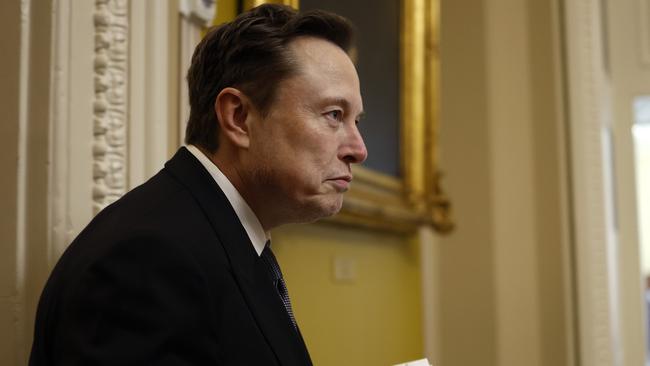
The White House’s Department of Government Efficiency has drawn scrutiny for the rapid work of its technology team burrowing into multiple agencies, but it also says it has identified and cut more than $US1bn in spending in the first three weeks.
That is a mere fraction of the $US2 trillion in spending cuts that Elon Musk, DOGE’s public face, has set as a goal, but it shows how the entity has begun going program-by-program across multiple federal agencies and paring back what it considers low-hanging fruit. The initial actions it has taken, identifying relatively small-dollar programs, could soon change markedly as DOGE team members are now embedding in some of the government’s largest programs, particularly those focused on healthcare.
Musk’s team is also working with the General Services Administration, which manages government buildings and commercial real estate, to identify which leases can be cancelled or let lapse, looking for underused office space and ways to consolidate.
More than half of the cost savings that DOGE says it has found is related to diversity, equity and inclusion, totalling more than $US1bn, according to a review of the group’s posts on X, where it publishes its results. Since taking office, President Trump has ordered federal agencies to terminate diversity programs and contracts, which reflects his desire to put the culture wars at the centre of his presidency.
DOGE said it also terminated about $30 million in contracts for digital modernisation projects and at least $US4m in leases for little-used office space.
DOGE didn’t provide comment or details of how it arrived at the spending cuts when asked by The Wall Street Journal.
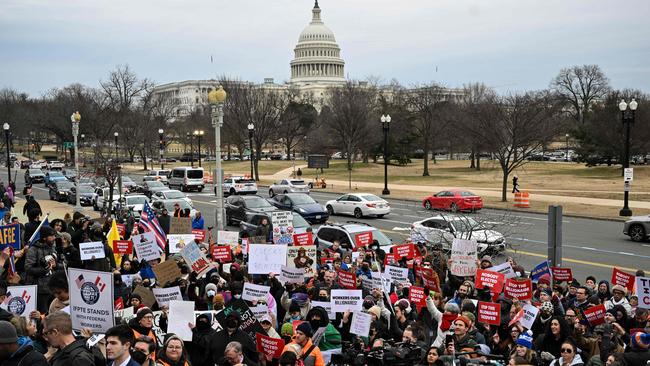
When Trump created DOGE by executive order, he tasked it with identifying ways to cut spending and regulation in a way that would make the government more efficient. “Elon is doing a great job. He’s finding tremendous fraud and corruption and waste,” Trump said Friday.
The federal government is projected to spend $7 trillion in the fiscal year that ends September 30, according to the Congressional Budget Office. Of that, Social Security payments account for roughly $US1.6 trillion, Medicare – a government-run health program for seniors – is projected to cost $US910bn, and another $US812nn would go toward Medicaid, the Children’s Health Insurance Program and healthcare marketplace subsidies.
Other massive parts of the budget include more than $US850bn for military spending, $US950bn in net interest payments on the debt and then a bucket that includes education, housing, transportation and other programs totalling close to $US1 trillion.
Musk’s group, so far, appears to be targeting a subset of programs in those buckets, but he has signalled that he thinks there are much bigger savings elsewhere in the budget that his group is now shifting its attention to. For example, his group recently gained access to Medicare and Medicaid’s contracting and payments system, where they say they are looking for evidence of fraud. Trump on Friday said Musk will also look at the Education Department and “at military, too.”
DOGE was also involved in cutting National Institutes of Health grant money for overhead, according to a person familiar with the matter. Scientists quickly decried the cuts, saying they would devastate important medical research. The agency estimated the cuts, announced Friday night, would save $US4bn a year by capping at 15 per cent the fees that universities and institutions get to pay for lab-support services, rather than individually negotiated rates that can exceed 60 per cent. “Amazing Job by #NIH team,” DOGE posted on social media.
The US Government Accountability Office, an arm of Congress, has estimated that there was $US100nn in improper payments made in 2023 in Medicare and Medicaid. Whether Musk’s team can identify and eliminate that funding is unclear.
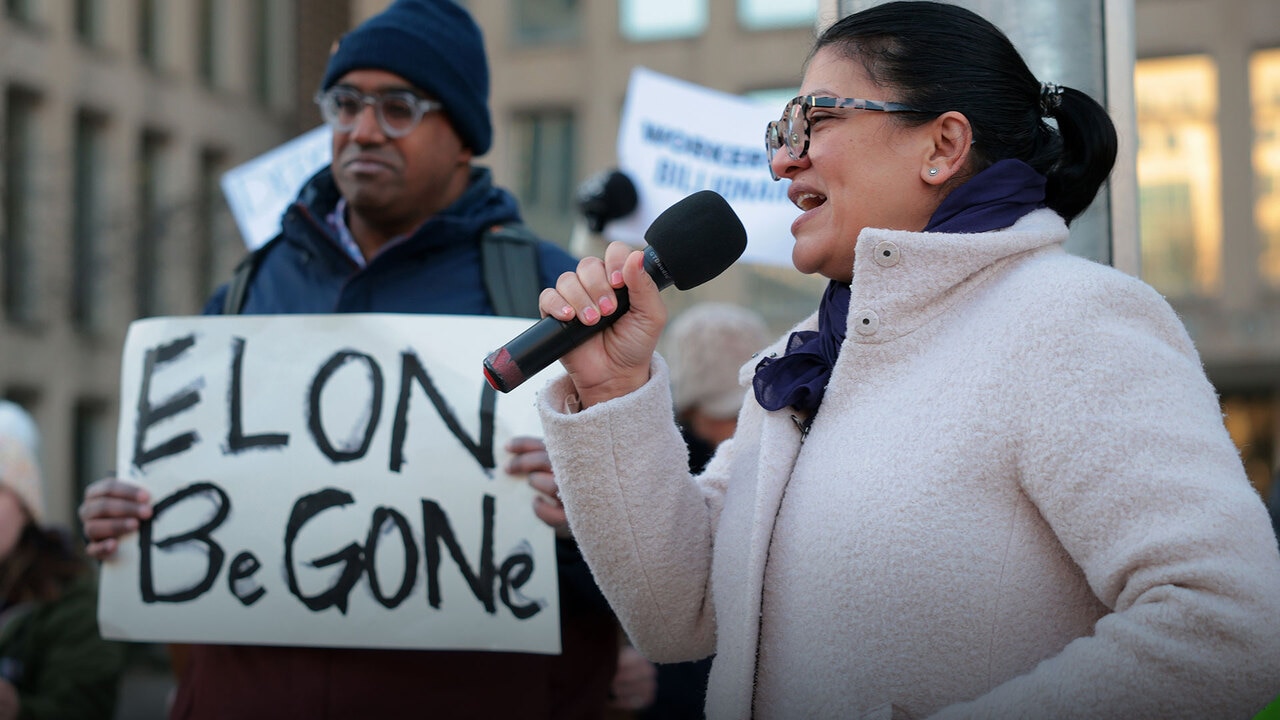
“If the priority had been to actually cut waste and fraud in federal spending, they’re not looking in the right places,” because the costs of the federal workforce are a fraction of the federal budget, said Danielle Brian, executive director of the Project on Government Oversight, an independent government watchdog. The Trump administration has notified agencies of plans to shrink the federal workforce. Brian said DOGE should focus on excessive payments to government contractors and military spending.
Because some of the spending that DOGE has targeted is money appropriated by Congress and signed into law by former President Joe Biden, a number of lawmakers have alleged that attempting to claw back this money is illegal. Musk and Russell Vought, Trump’s new budget director, have challenged this precedent and are expected to fight it in court.
DOGE has been given a sweeping mandate by Trump to overhaul the executive branch. But less than a month into his presidency, the outfit faces a bevy of legal challenges and public criticism over its methods and powers.
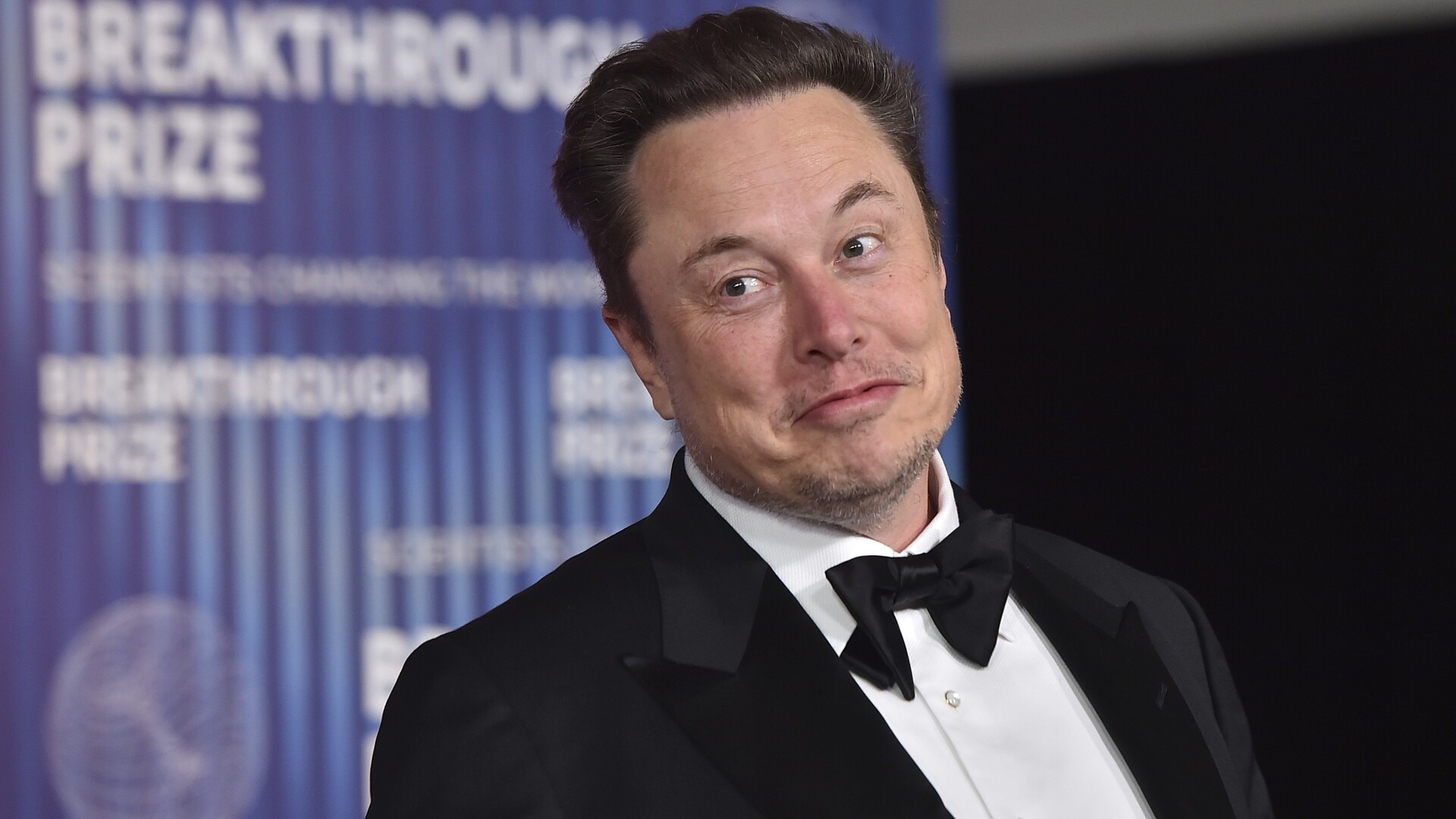
On Saturday, a federal judge temporarily shut down DOGE’s access to a sensitive Treasury Department payment system, and on Friday, a federal court paused efforts to dismantle the U.S. Agency for International Development, which Musk had touted as being fed “into the wood chipper.” Workers for DOGE have entered several government agencies with an eye toward paring spending and terminating contracts, including the Office of Personnel Management, the Treasury Department and the parent agency of the National Weather Service.
Federal watchdogs and good-government groups, for their part, have spent years tallying the billions of tax dollars they say are wasted. Last May, for instance, GAO identified billions in savings if lawmakers reauthorised a broadband network for first responders and if the Education Department helped verify the incomes of those repaying certain student loans.
Fixing those, the agency said, “could yield financial benefits of tens of billions of dollars and improved government services, among other benefits.” Cost-cutting is a bipartisan political mantra in Washington that has long been popular with constituents and that pairs with Watergate-era reforms of agency accountability. Sen. Rand Paul (R., Ky.), a critic of government spending, publishes his yearly “Festivus” report that singled out $US1 trillion last year. Democrats, for their part, also publicly champion plans to counter wasteful spending and duplication. And for years, taxpayers have been able to search online for the details of government contracts and spending.
DOGE – which, as currently designed, is an entity within the White House – is supposed to present its recommendations to taxpayers on July 4, 2026. Musk and the group are moving much more quickly, though, to try to cancel contracts and even direct changes in congressional approval.
THE WALL STREET JOURNAL


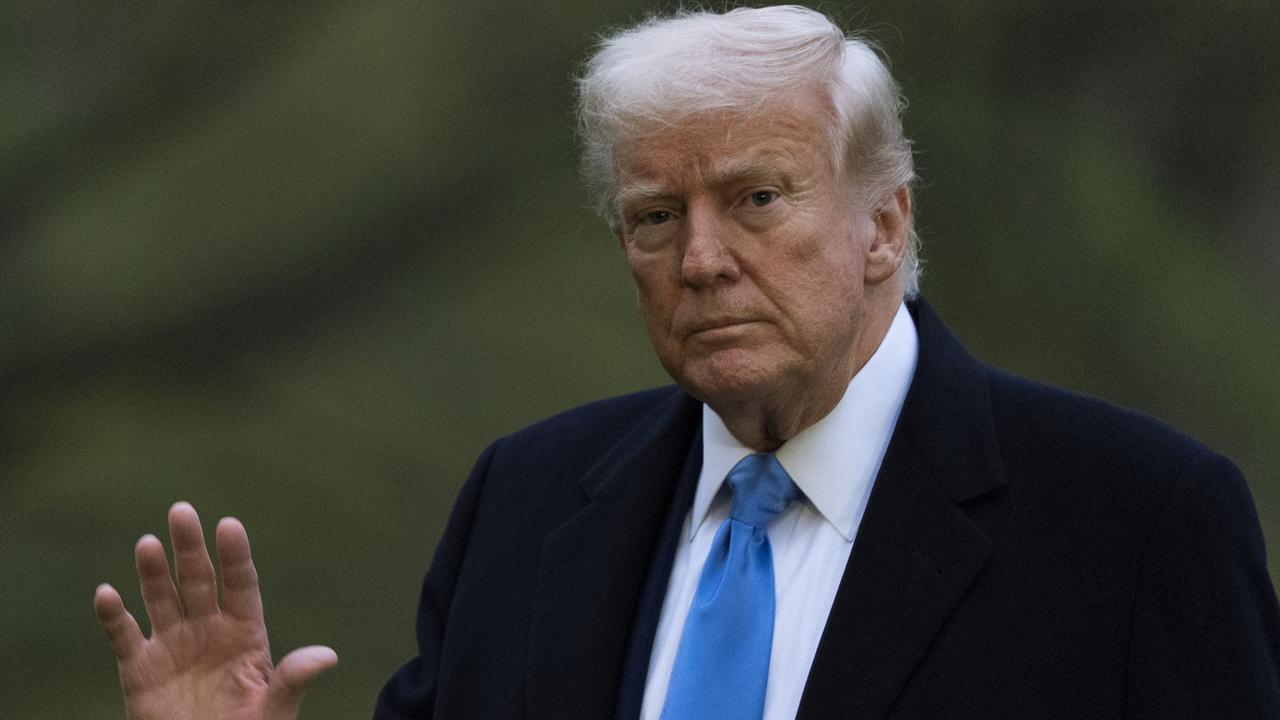
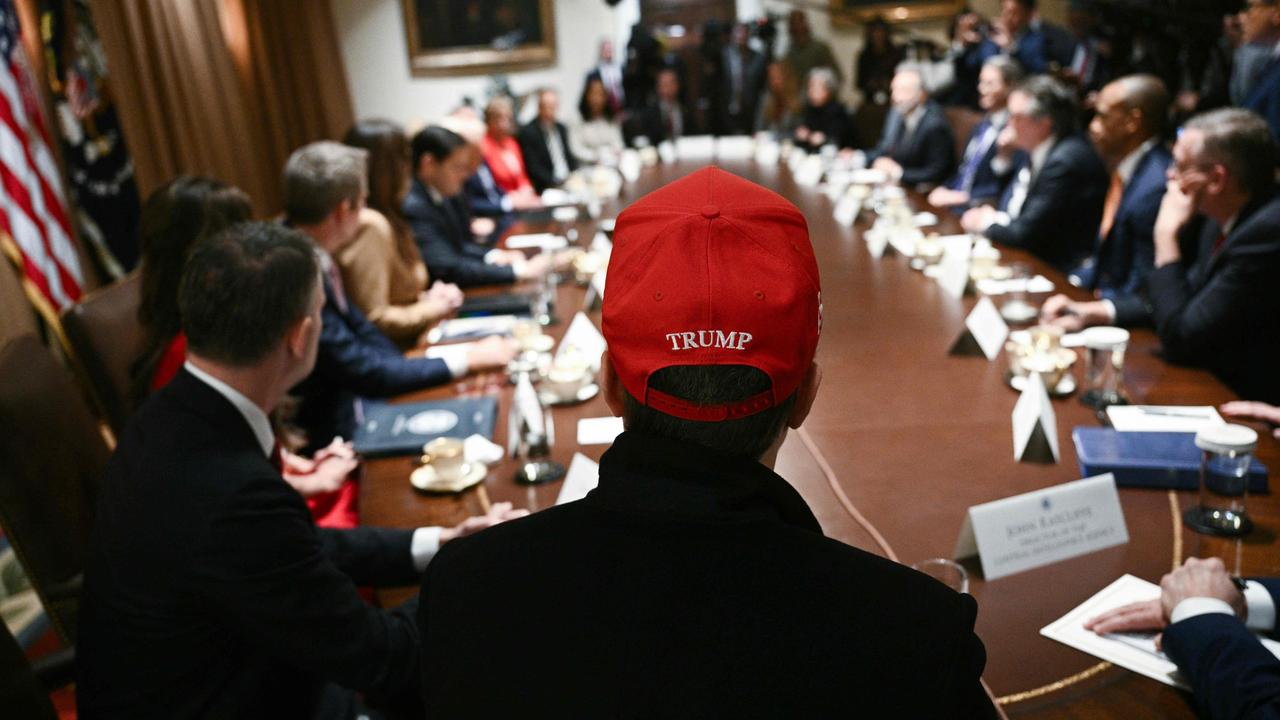
To join the conversation, please log in. Don't have an account? Register
Join the conversation, you are commenting as Logout